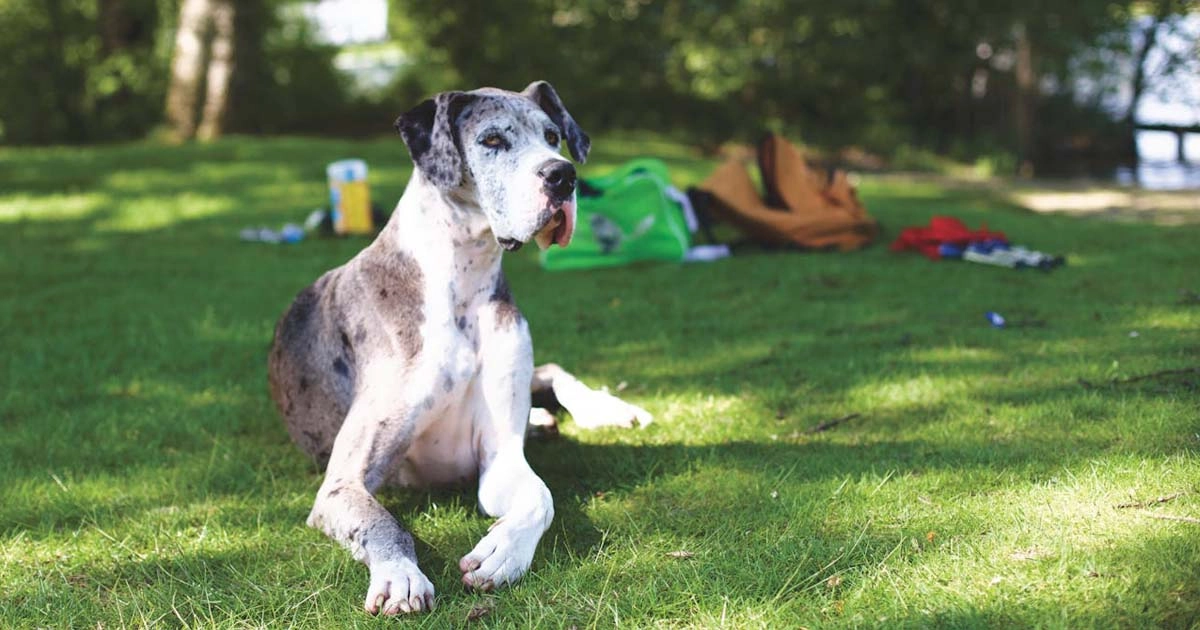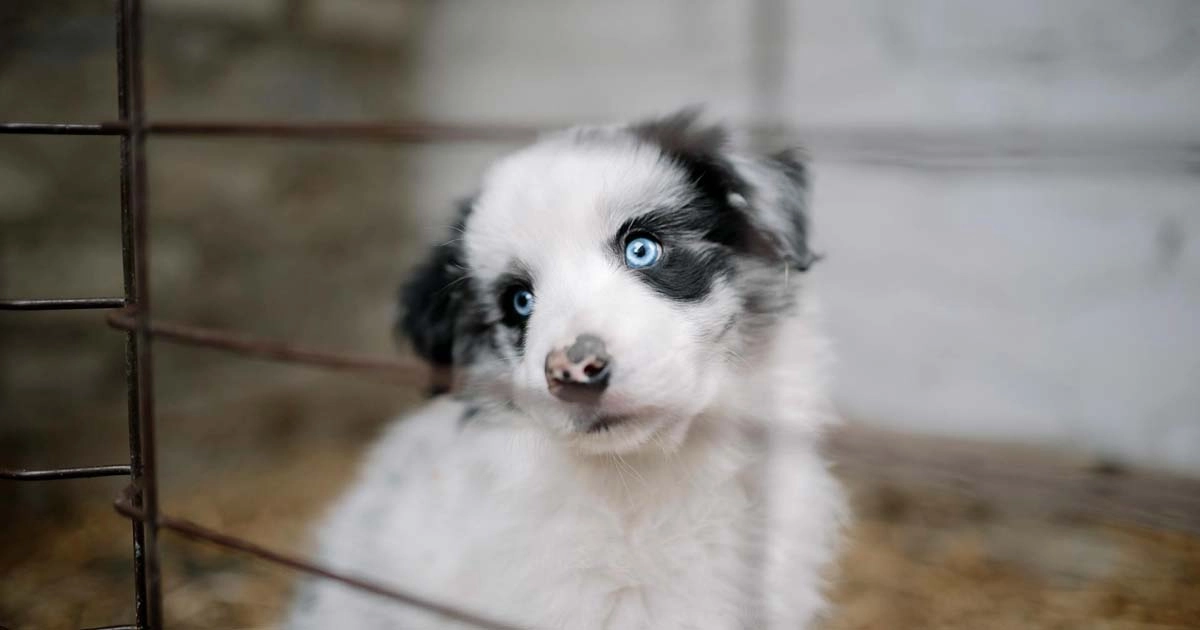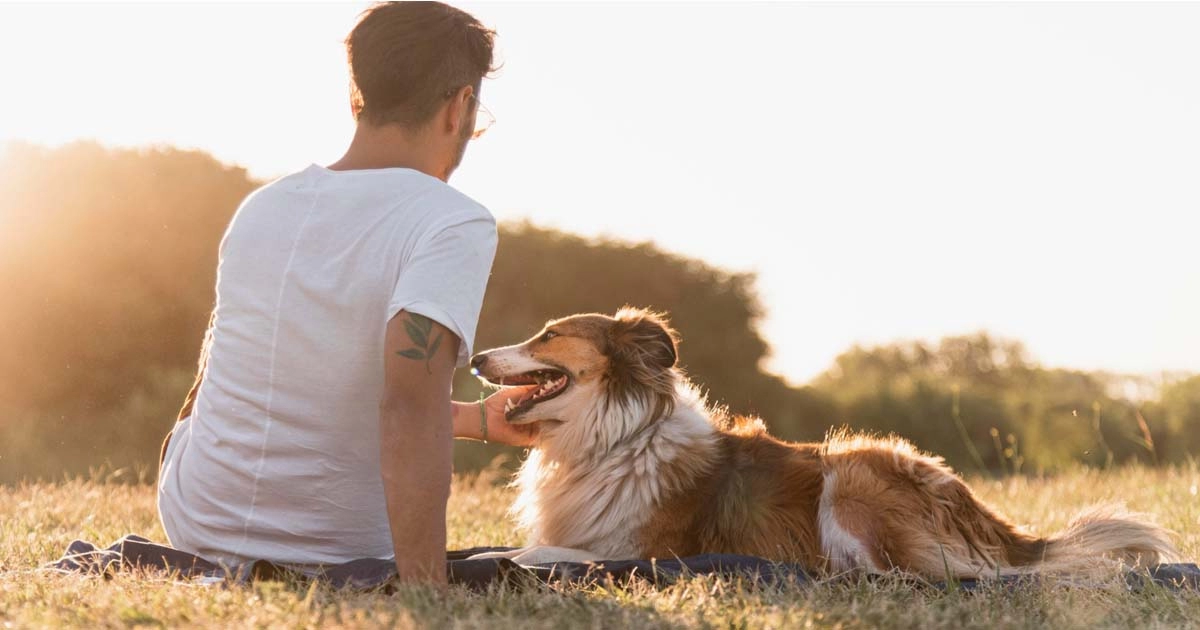Is a dog’s mouth really cleaner than a human’s?

Dog
29/09/2024

This is because for years, people have been arguing over whether a dog's mouth is cleaner than a human's or not. While many dog owners would argue that dogs have incredibly clean mouths, it's actually a bit more complicated. Both human and dog mouths contain a host of bacteria; however, the environment existing within each is quite different from one another. Understanding some of the key differences between dog and human oral health helps in explaining this myth. At Μybestie.gr, we love to hug and kiss our pets, but how safe is it?
Table of contents
The oral microbiome: Comparison between dogs and humans
Both human and canine oral microbiomes have a very rich variety of species; they host bacteria, viruses, and fungi. In case a human mouth is inhabited by about 700 different types of bacteria, then dog has their very peculiar mixture of germs. Curiously enough, very few bacteria cross between a dog's mouth and a human's.
People have all kinds of bacteria in the mouth, like Streptococcus and Lactobacillus, which could cause tooth decay and gum diseases when their population is not properly regulated. Good oral hygiene practices brush and floss to keep this kind of bacteria at a minimum. In dogs, more common bacteria are Porphyromonas and Capnocytophaga. These bacteria do not cause any threat to dogs; however, they are potentially dangerous to humans. For example, Capnocytophaga may result in the development of critical infections among people who possess weakened body immunity.
Saliva: Healing powers or health risks?
Another reason people say a dog's mouth is "cleaner" is because of the myth that their saliva possesses healing powers. While it is true that the saliva of dogs contains enzymes, one of which is lysozyme, these break down bacterial cell walls. Perhaps that is why your dog licks his wounds; it is an instinctive activity for them, considering it helps in the healing process. Various studies show that dog saliva is only mildly antibacterial or aid in wound care; that is a far cry from an assurance that his mouth is "clean".
However, dog saliva also harbors a number of bacteria which may be harmful to humans. In case a dog licks an open wound on your skin, an infection is entirely possible due to the entry of unwanted bacteria. In healthy people, it is a low risk, but in those with poor immune systems, contact with dog saliva should be limited.
How clean is a dog's mouth?
It is not as simple to compare the cleanliness of a dog's mouth to that of a human. Neither is "cleaner," per se, just that they have different kinds of bacteria that thrive in each environment. A dog's mouth is not sterile, and though some bacteria may be harmless to the dog, they are harmful to humans. Many bacteria accumulate in dogs' mouths since they have this habit of coming in contact with dirty items: bones, trash, or even other animals.
Many dogs also explore their surroundings by licking, chewing, or even eating things that they shouldn't, further exposing them to bacteria. Humans, on the other hand, follow oral hygiene such as brushing and flossing or dental visits. Such activities reduce the chances of gum diseases and decaying of the teeth but do not also rule out the bacteria in a human mouth. Considering the aspects of overall bacterial load, both dog and human mouths are full of microbes, and that does not necessarily make one cleaner than the other.
Can you get sick from a dog's mouth?
While most interactions with dogs are harmless, it is important to consider the potential health risks: diseases like Capnocytophaga infection, rabies, or parasites like hookworms-just to name a few that could be carried through in contact with a dog's saliva. Thankfully, these are so rare; especially when the vaccinated and dewormed dog shows regular preventative measures in care. Also, immunocompromised patients are people who undergo chemotherapy or have chronic diseases like diabetes; it will be better to avoid the increased exposure of dog saliva to themselves, especially around open wounds.
Are dog's mouths cleaner than humans?
The quick and easy answer is no. Both dog and human mouths have their set of bacteria; cleanliness largely depends on oral hygiene practices and overall health. The important thing to take away is that while a dog's mouth is not "cleaner" in the true sense of the word, it is not necessarily more dangerous than that of a human either.
These risks can be minimized simply by being in tune with your dog's oral health and keeping them current on vaccinations and parasite control. Regular brushing, along with occasional dental chews, helps minimize the number of bacteria in a dog's mouth, therefore making the relationship much healthier between dogs and their owners.
Daily oral hygiene
While the bacteria in dogs may be different from human bacteria, the fact that their mouths are cleaner is more myth than reality. In any case, it is worth noting that both human and dog carry bacteria that can be injurious under appropriate conditions; hence, oral hygiene must be maintained for both of you.











